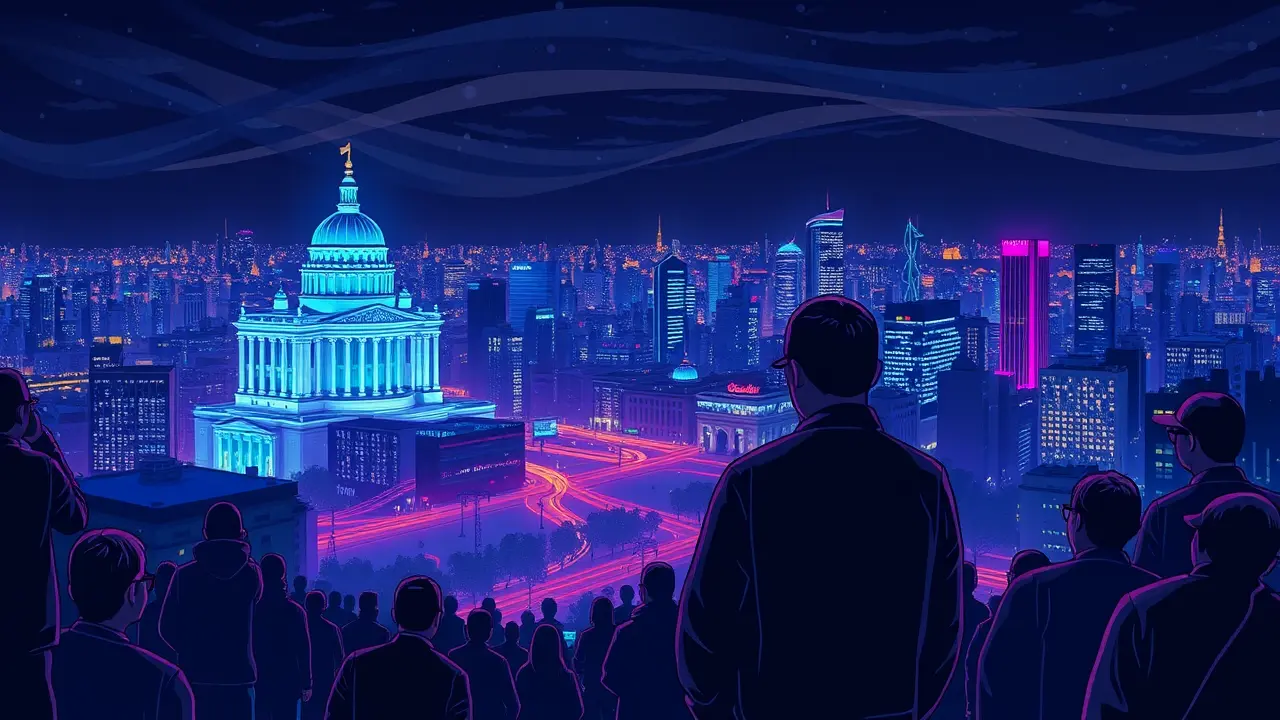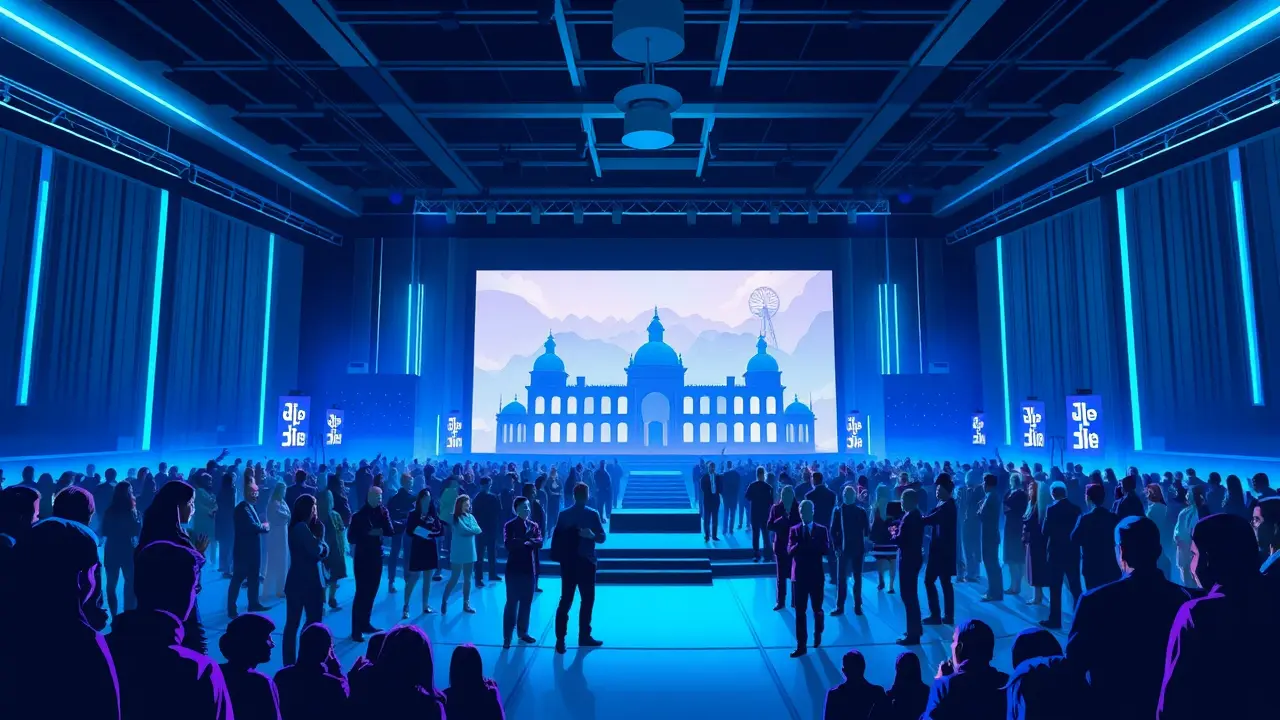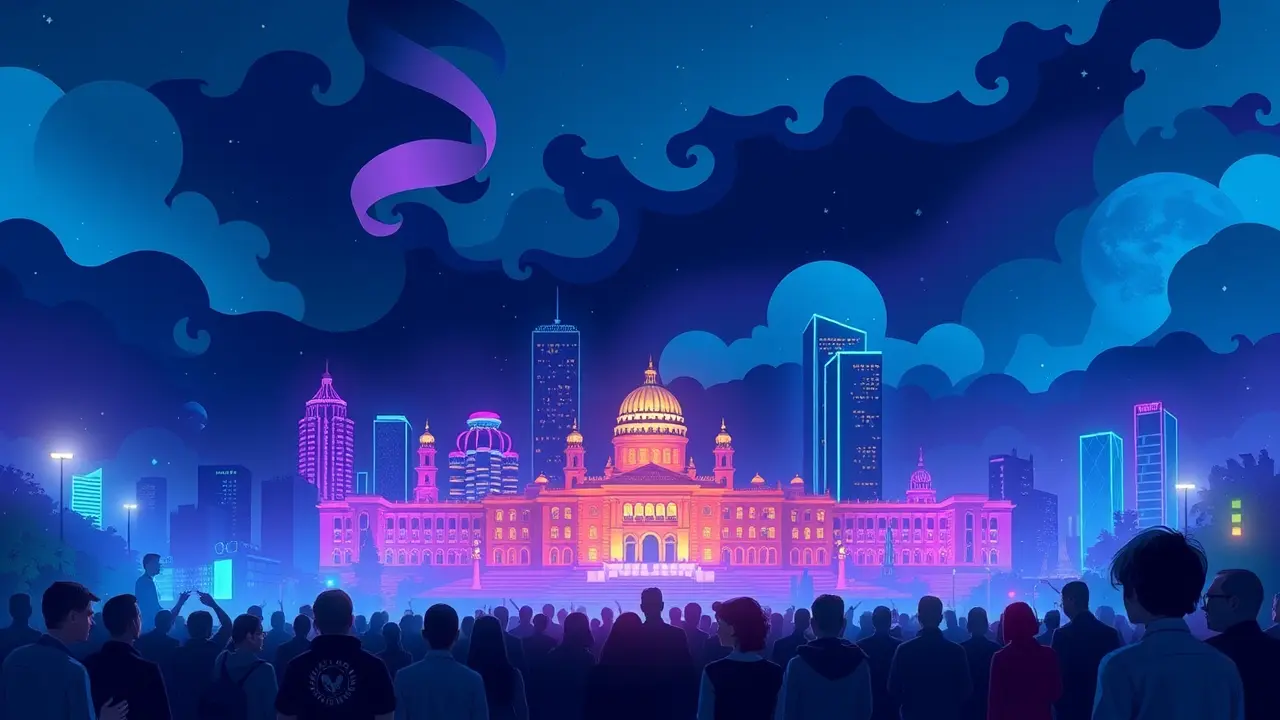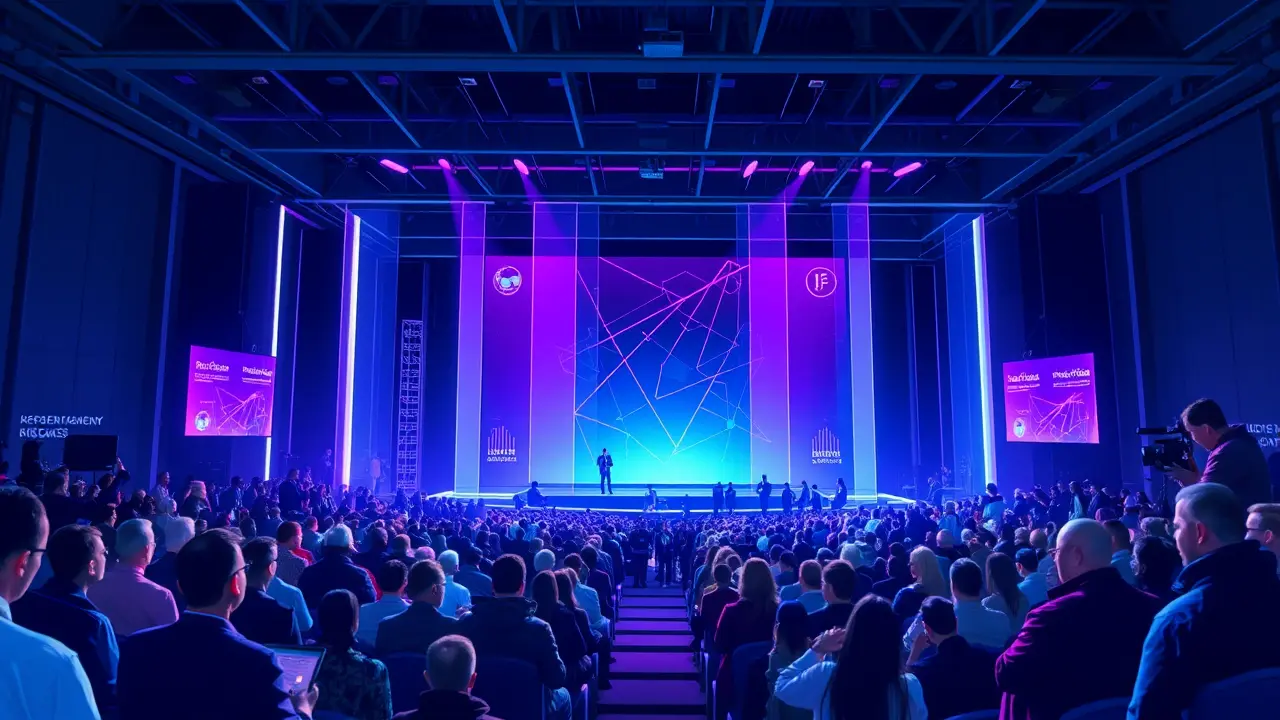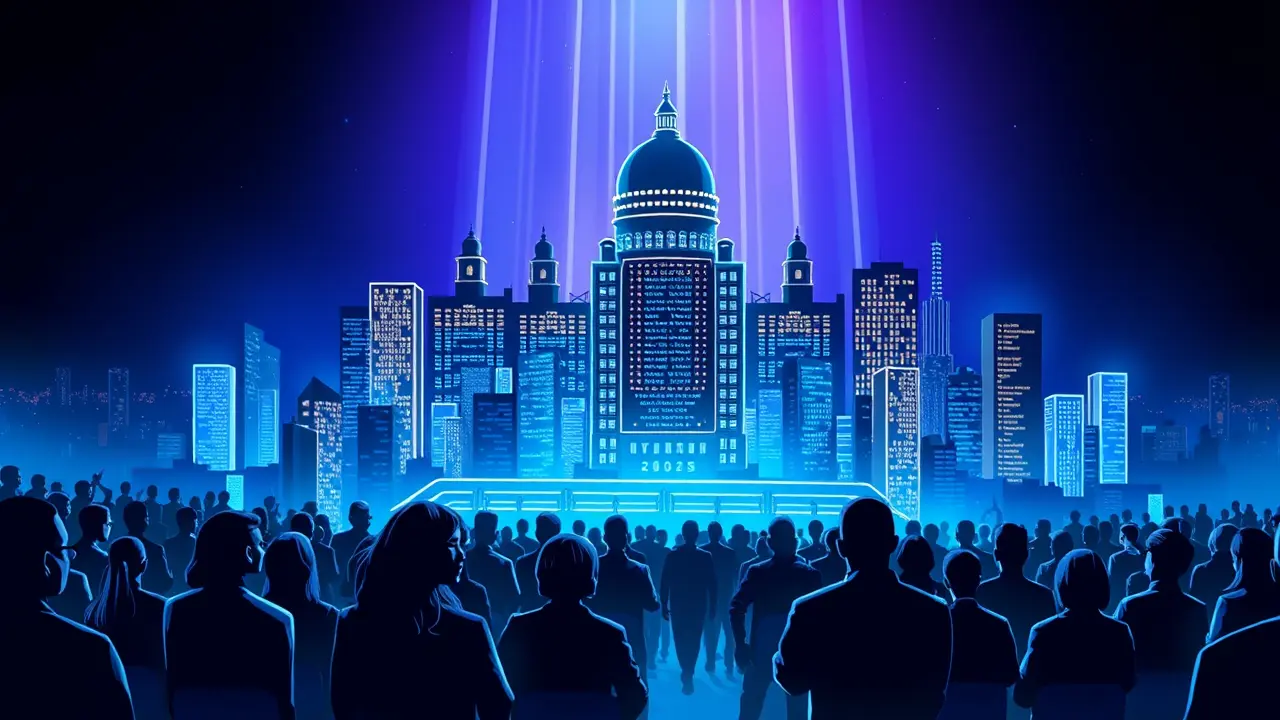
Politicshuman rightsProtests and Activism
International Human Rights Congress Held in Bogotá.
AN
Anna Wright
2 days ago7 min read
This week, Bogotá transforms into the global epicenter of the human rights struggle, hosting more than 400 defenders from over 100 nations for the International Federation for Human Rights’ pivotal 42nd Congress—a gathering whose location in Latin America is both symbolically potent and strategically necessary, reflecting a region where the escalating predation of organized crime syndicates increasingly tests the very foundations of democratic institutions and the safety of their most vulnerable citizens. Against a backdrop where cartels and paramilitary offshoots don't just challenge state authority but often co-opt it, this congress transcends mere diplomatic ceremony, embodying a critical front-line assembly for those documenting extrajudicial killings, land dispossession, and the silencing of environmental activists, with the personal narratives of attendees—from a Colombian lawyer shielding community leaders to a Filipino journalist chronicling vigilante violence—serving as stark testament to a universal truth: that the defense of human dignity is increasingly a perilous, personal crusade.The choice of Colombia, a nation navigating a fragile peace process while confronting narcotrafficking's persistent shadow, underscores a deliberate shift in global advocacy, moving beyond Geneva's polished halls to anchor discussions in the soil where battles are literally fought, forcing a necessary confrontation between high-level policy debates on international legal frameworks and the ground-level reality of activists operating under constant threat, their work a daily rebuttal to the cynical notion that rights are abstract concepts rather than tangible protections for bodily autonomy and free expression. This confluence of global solidarity and local urgency compels a deeper examination of how transnational criminal enterprises have evolved into sophisticated actors, leveraging digital surveillance and capital flows to corrupt governance and dismantle social fabric, thereby demanding from the human rights community not just condemnation but innovative, intersectional strategies that link environmental justice with indigenous land rights, women’s bodily autonomy with economic equity, and digital privacy with freedom from persecution—a holistic vision of security that the FIDH, through this congress, seeks to champion, recognizing that the fight for a just world is, at its core, a deeply feminist and humanist endeavor, one that measures progress not by treaties signed but by the safety of a single community leader returning home to her family.
#featured
#human rights
#FIDH
#organized crime
#Latin America
#rights defenders
#Bogotá
#international congress
Stay Informed. Act Smarter.
Get weekly highlights, major headlines, and expert insights — then put your knowledge to work in our live prediction markets.
Related News
Comments
It’s quiet here...Start the conversation by leaving the first comment.
© 2025 Outpoll Service LTD. All rights reserved.
